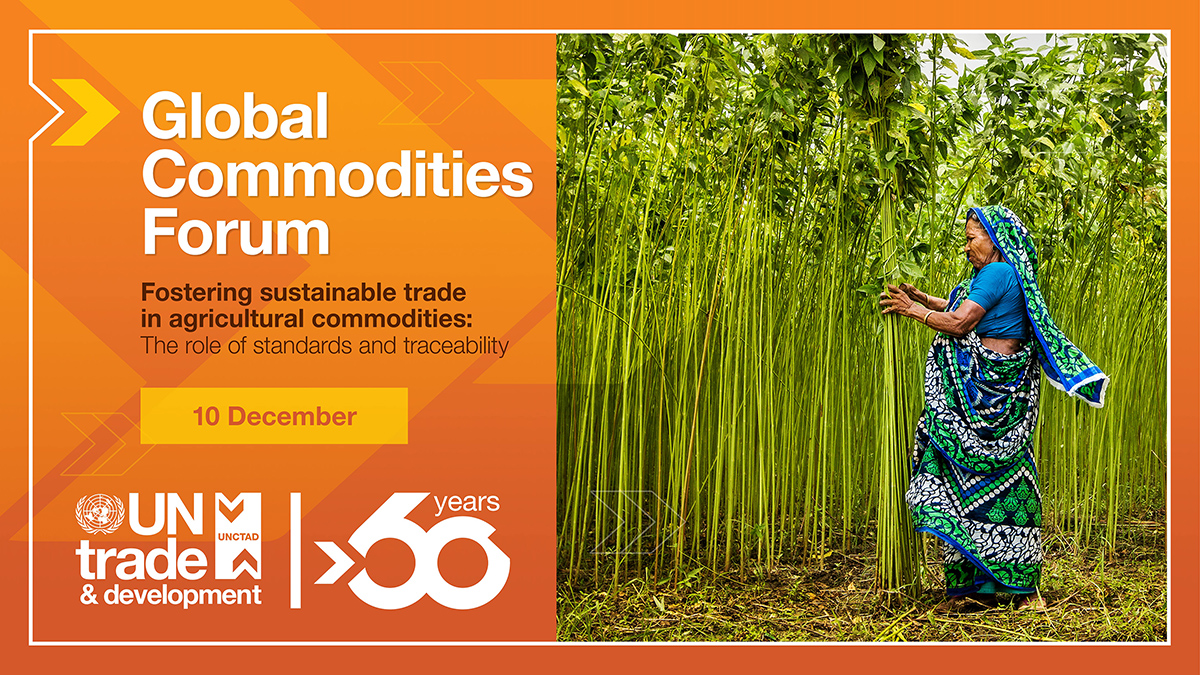Sustainability standards encompass not only environmental sustainability but also other intangible aspects of "quality," such as labour standards and “fair” pricing, in particular in smallholder-dominated value chains like coffee and cocoa.
They function through third-party certification, funded by stakeholders, including producers, to verify that the certified commodity or product meets voluntary standards.
This session will delve into the impacts of environmentally-motivated mandatory standards set by importing countries on agricultural value chains. These standards aim to reduce environmental footprints, responding to evidence linking land use changes to deforestation and the climate crisis.
Discussions will cover implications for stakeholders in producing countries and challenges in implementing traceability solutions.
Questions to be addressed:
- How should mandatory standards be used to promote environmentally sustainable agricultural value chains that work for all stakeholders and contribute to addressing the SDGs?
- How can the net benefits of introducing mandatory environmental standards be maximized, in particular through implementing traceability solutions that preserve the important role that smallholder farmers play in different agricultural value chains?
- How should the challenges of multiple possible standards be addressed through international dialogue and cooperation, as was the case with the introduction of mandatory food safety standards?

